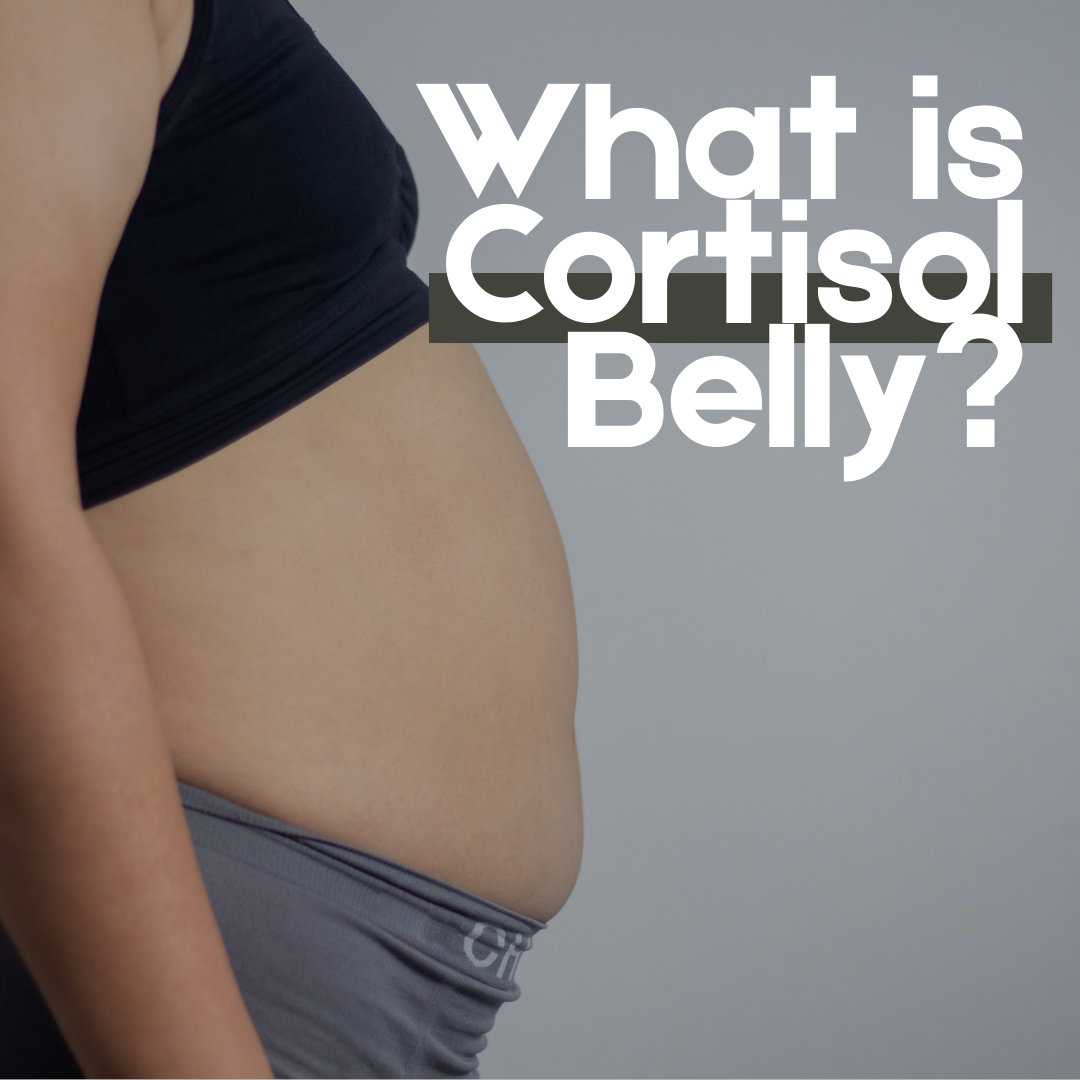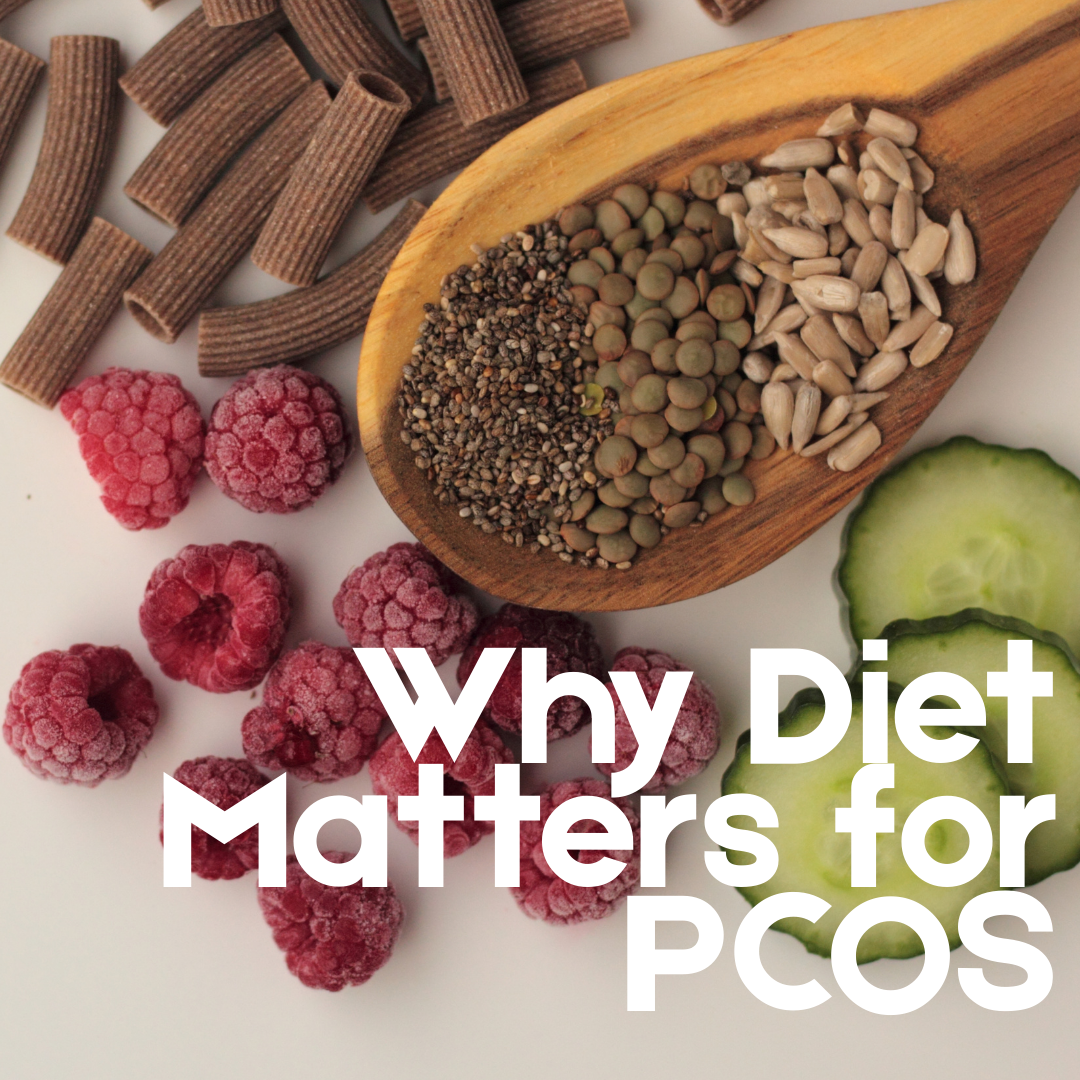Why Diet Matters for PCOS
Polycystic Ovary Syndrome (PCOS) is one of the most common hormonal conditions affecting women, often leading to irregular cycles, insulin resistance, weight gain, and inflammation. While there’s no single “cure,” research shows that diet plays a major role in managing PCOS symptoms.
According to the Office on Women’s Health, lifestyle and nutrition choices are among the most effective ways to reduce symptoms and improve overall health.
The right nutrition can:
-
Reduce cravings and stabilize energy levels
-
Support hormone regulation for PCOS
-
Reduce inflammation linked to PCOS
Key Diet Principles for PCOS
1. Balance Blood Sugar
Many women with PCOS struggle with insulin resistance. Eating balanced meals that combine protein, fiber, and healthy fats helps stabilize blood sugar and reduce insulin spikes.
Smart choices: lean protein (chicken, fish, eggs), vegetables, whole grains, nuts, and seeds.
2. Focus on Low-Glycemic Carbs
Not all carbs are off-limits. Choosing low-glycemic index (GI) carbs for PCOS helps avoid blood sugar crashes and cravings.
Examples: quinoa, oats, lentils, beans, sweet potatoes, non-starchy vegetables.
3. Prioritize Lean Protein
Protein helps manage appetite, preserve muscle, and support healthy blood sugar in PCOS. Aim for a protein source at every meal.
Examples: chicken breast, turkey, salmon, eggs, Greek yogurt, cottage cheese.
4. Add Healthy Fats
Healthy fats play a key role in hormone production and satiety. Omega-3 fatty acids also help reduce inflammation—a major issue for PCOS.
Examples: salmon, chia seeds, flax seeds, walnuts, olive oil, avocado.
5. Limit Processed Foods & Added Sugar
Refined carbs and processed foods can worsen insulin resistance in PCOS, making symptoms harder to manage.
Avoid: sodas, pastries, white bread, fried foods, candy.
6. Incorporate Anti-Inflammatory Foods
Chronic low-grade inflammation is common in PCOS. Including anti-inflammatory foods for PCOS can help reduce symptoms.
Best picks: leafy greens, berries, turmeric, green tea, fatty fish.
Foods That May Help with PCOS
-
Protein: chicken, turkey, fish, eggs, lean beef
-
Carbs: quinoa, oats, brown rice, beans, lentils, vegetables
-
Fats: avocado, olive oil, nuts, seeds, salmon
-
Extras: cinnamon for insulin sensitivity, spearmint tea to lower testosterone
For more evidence-based food recommendations, check out the PCOS Awareness Association’s nutrition resources.
Foods to Limit for PCOS
-
Refined carbs (white bread, pasta, sugary cereals)
-
Sweetened drinks and juices
-
Fried or fast foods high in trans fats
-
Processed snacks and desserts
Lifestyle Habits That Boost PCOS Diet Success
-
Meal timing matters → eating every 3–4 hours helps prevent blood sugar dips.
-
Strength training + cardio → regular exercise improves insulin resistance in PCOS.
-
Hydration → water and unsweetened teas are better than sugary drinks.
-
Consistency over perfection → success comes from long-term habits, not strict restriction.
✅ Final Thoughts
For women with PCOS, food is more than fuel—it’s a tool for hormone balance, weight management, and long-term health. By focusing on balanced meals, low-glycemic carbs, lean protein, and healthy fats while limiting processed foods, you can take control of your symptoms and feel more energized.
Remember: there isn’t a one-size-fits-all diet. The best approach is the one you can follow consistently while supporting your lifestyle and health goals. For more educational support, visit the Office on Women’s Health PCOS page.
Disclaimer
This article is provided by evol.me for educational purposes only and is not intended as medical advice, diagnosis, or treatment. Always consult a qualified healthcare professional before making dietary or lifestyle changes, especially if you have PCOS or other medical conditions.
Read more

What is cortisol belly? Learn how stress triggers abdominal fat, the science behind cortisol, and proven strategies to reduce it naturally.

Struggling with Hashimoto’s fatigue? Learn which foods can support thyroid health, reduce inflammation, and help boost energy naturally.

